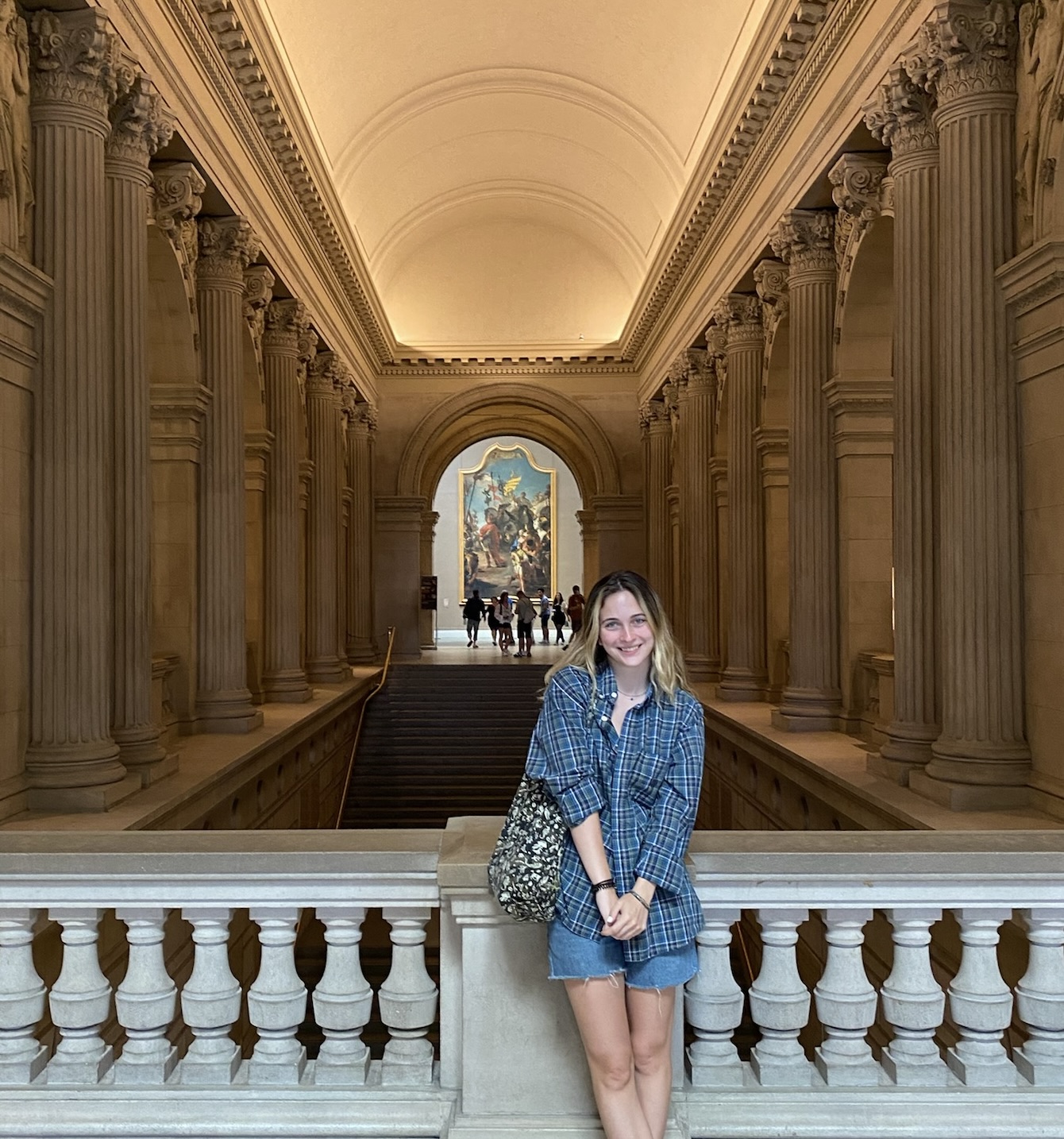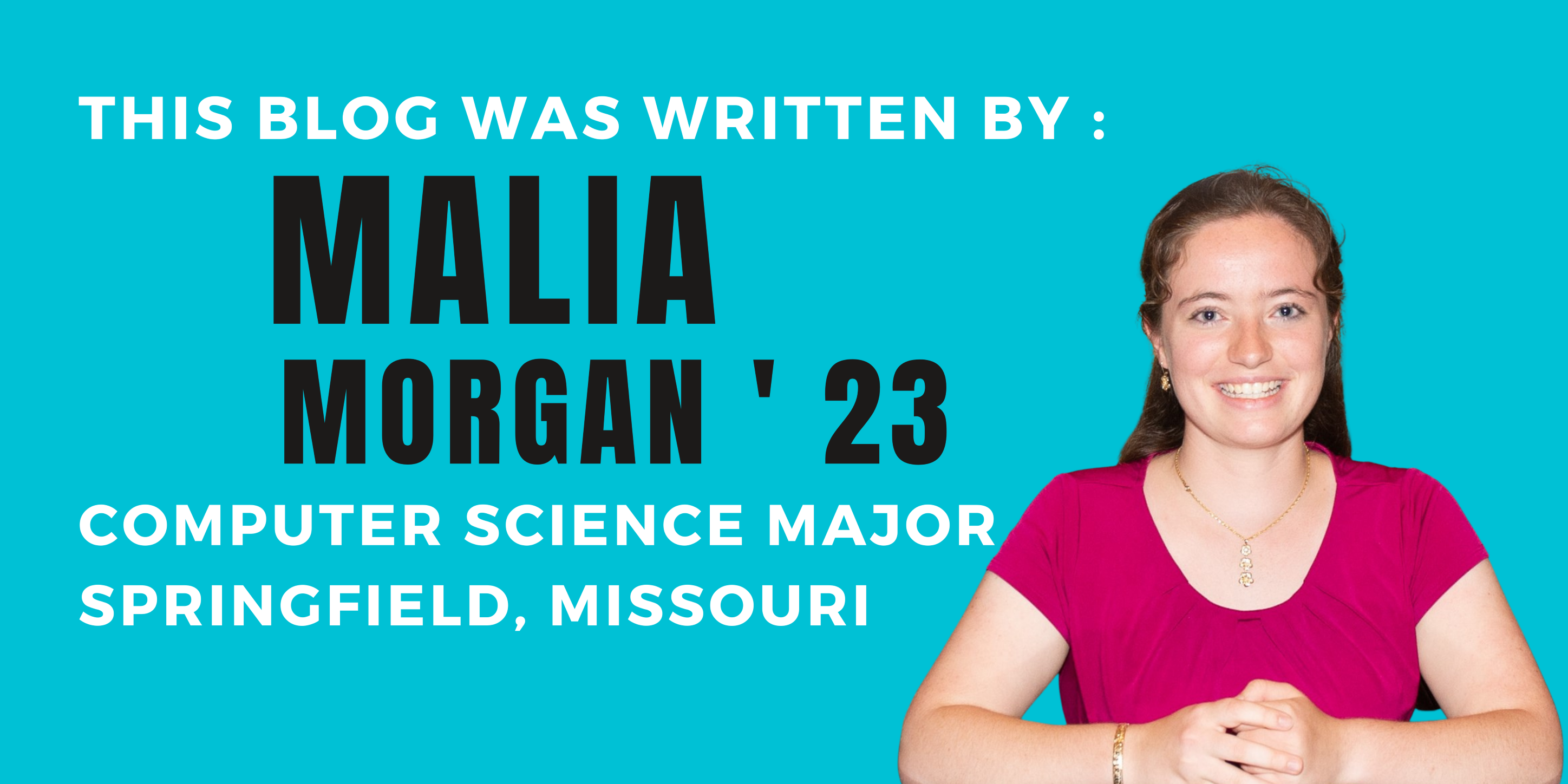HSA Concentrations: Science, Technology, and Society
January 25, 2023
Today’s HSA post is a conversation with Josephine Adams, who in addition to having a concentration in Science, Technology, and Society (STS), is double majoring in it.
The first question I have is, how did you pick your concentration?
Well, the first elective that I ever took to Harvey Mudd was actually a History of Science and Technology in the Modern World class. I just happened to take it because it was one of the freshman electives that was offered that fall, and I was like “This sounds kind of cool”, and it was the only thing that fit on my schedule. And in that class a couple of times my prof. mentioned STS. I remember being like I had no idea what that means, and is that something I should understand? But then I eventually asked her about it, and she’s like, “Oh, it’s this really interesting major and concentration that looks at the intersection of science, technology and society.” I was like, “Wait! That sounds really interesting!” And then that’s how I got into it.
How did you decide that you wanted to double major in it?
Well, I kind of fell into it by accident. Prof. Dyson was my HSA advisor, and I was meeting with her, and she was like “You’re kind of taking a lot of classes in this.” Of all the double majors, STS isn’t that much more than a concentration. It’s not a super heavy course load in and of itself, and you can double count a lot of things. You don’t really have to do that much to double major. I was like, “Okay, so I’ll double major in it.” And I ended up really being happy with that choice. So really it was just her advice that got me here
How much more than an STS concentration is the STS major?
It’s a decent amount more. But you can’t overload if you’re doing a double major. I’ve never been close to overloading, I’ve never been in the risk of overloading. So, in terms of the actual amount of school work you have to do in order to meet the credit requirement, it fits kind of perfectly. You hit the credit requirement with both almost exactly. There are more requirements within the major that you have to meet because there’s different disciplines within it that you have to do a bunch of. With the concentration there’s a lot more freedom because you don’t have to meet certain requirements like taking a bunch of philosophy classes or history classes or social science classes. You can kind of just do what you want within the field.
Are you doing a thesis project?
I’m not planning on it, but as an STS major I have to attend Senior Seminar. Essentially we set up a thesis in the first semester, and then it’s up to you whether you continue. So, if your adviser is super nice like mine, who’s Prof. Hamilton, then they’ll be like you don’t need to do a thesis.
Do you have a favorite STS class that you have taken?
Honestly, my favorite class might have been the first one, just because it included a lot of medical history which is what I like the most. Within STS I’m concentrating in history. And so the history classes I’ve taken have been my most favorite, but I also really liked the Intro to STS class, because it introduced the word paradigm to me, which is used kind of broadly. But it really gave me a solid understanding of what people meant when they say that, so I really appreciated that class as well. And it was just super interesting in general.
Do you have a research project that you’ve done for a class that was super interesting or anything along that line?
The thing that I think is most interesting is the topic I’m starting to look into for my thesis which came from a History of Physics class I took with Prof. Hamilton. In that class I started looking very briefly at this paper about the women at Los Alamos, and this idea that after being not really recognized in their fields for a long time, they started to internalize that, and view themselves as secondary to the male scientists. Whether they were other scientists who were working alongside these men, or their wives who were just living among them. They really started to see themselves as secondary. I think that’s not a phenomenon that has been explored that much, especially in the context of the history of science. I think that that was super interesting, and it’s kind of an eye-opening reading that I got to dig into a little bit more.
Is there a class you’ve taken for the breadth requirement that you really enjoyed?
I took the literature class Dickins and Hardy in the Victorian Era, with Prof. Eckert and Prof. Groves. I took it over Covid, and so, unfortunately, I didn’t get to go on the trip that comes after it. This is a class that’s like you’re doing a study abroad, except instead of where you do a couple of weeks of prep, and then you study abroad for a semester, you do a semester of prep, and then you go abroad for a week. But it was really interesting. I had not really read any Dickens or Hardy before then, so that was super interesting. That the class as a whole was super discussion-based, which I always really enjoy, and all the books were super interesting. Some of them were kind of depressing, but it was still super interesting to read them.
Do you see an overlap between STS and your STEM major of Mathematical and Computational Biology?
The large takeaways of STS as a whole are aligned with the HMC mission statement, like knowing your impact on society. It makes you more aware of the way that your actions in science and technology can impact your environment. I think that also it’s given me more of an opportunity to give insight into the scientific community, and really reflect on it, and be more aware of how important inclusion is in the scientific community. We always think of science as a super objective, a super not subjective thing. It’s really objective, and so our results don’t have any of our internal biases, but having a large group of individuals who have all different backgrounds can actually help broaden the sort of insights you have into even scientific research, which we think is really empirical. So I think that it doesn’t really connect with biology itself, but helps me be more aware of how both of my actions are impacting others, and how the environment that I live in and grew up in impacts my science.
